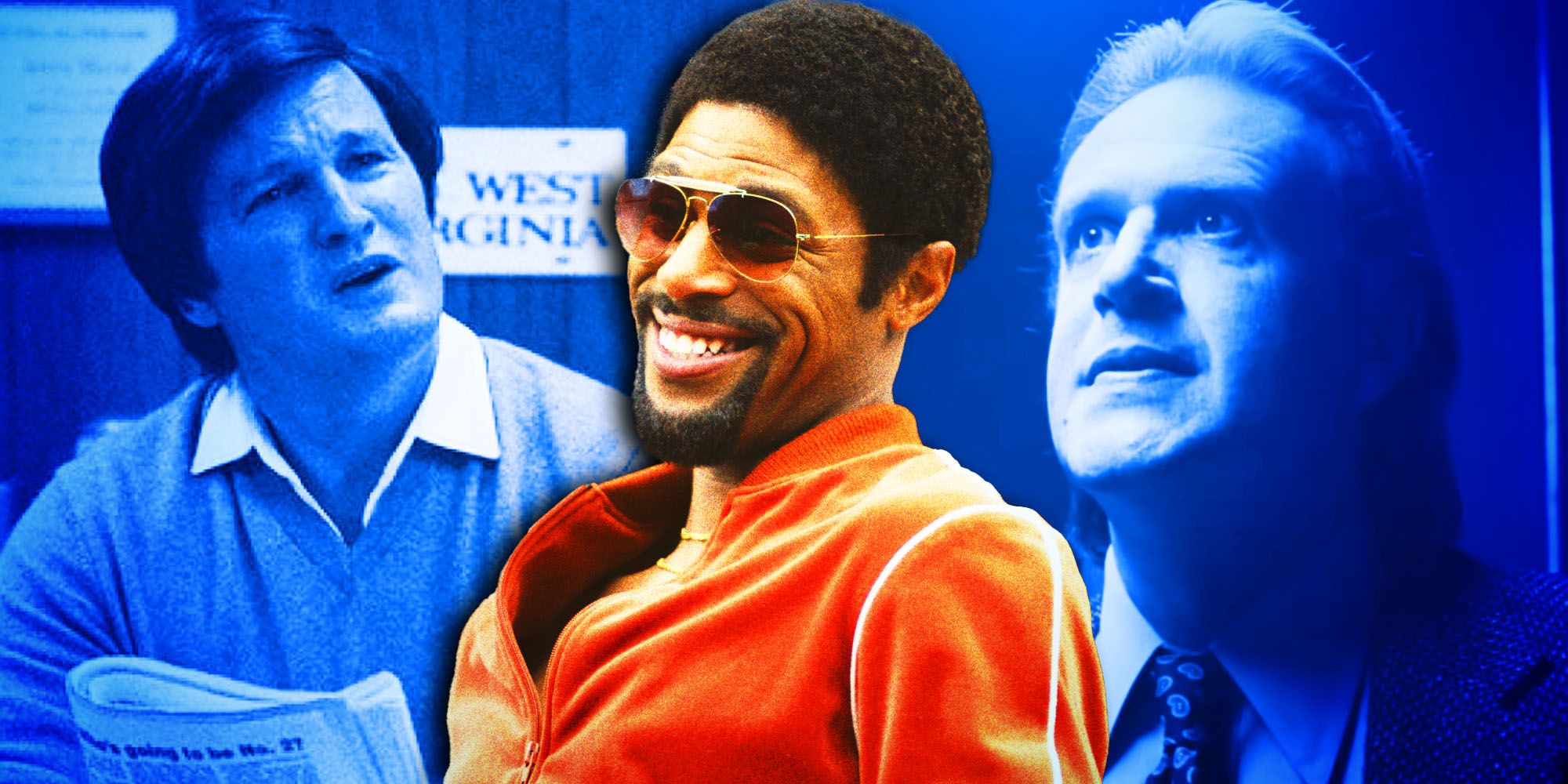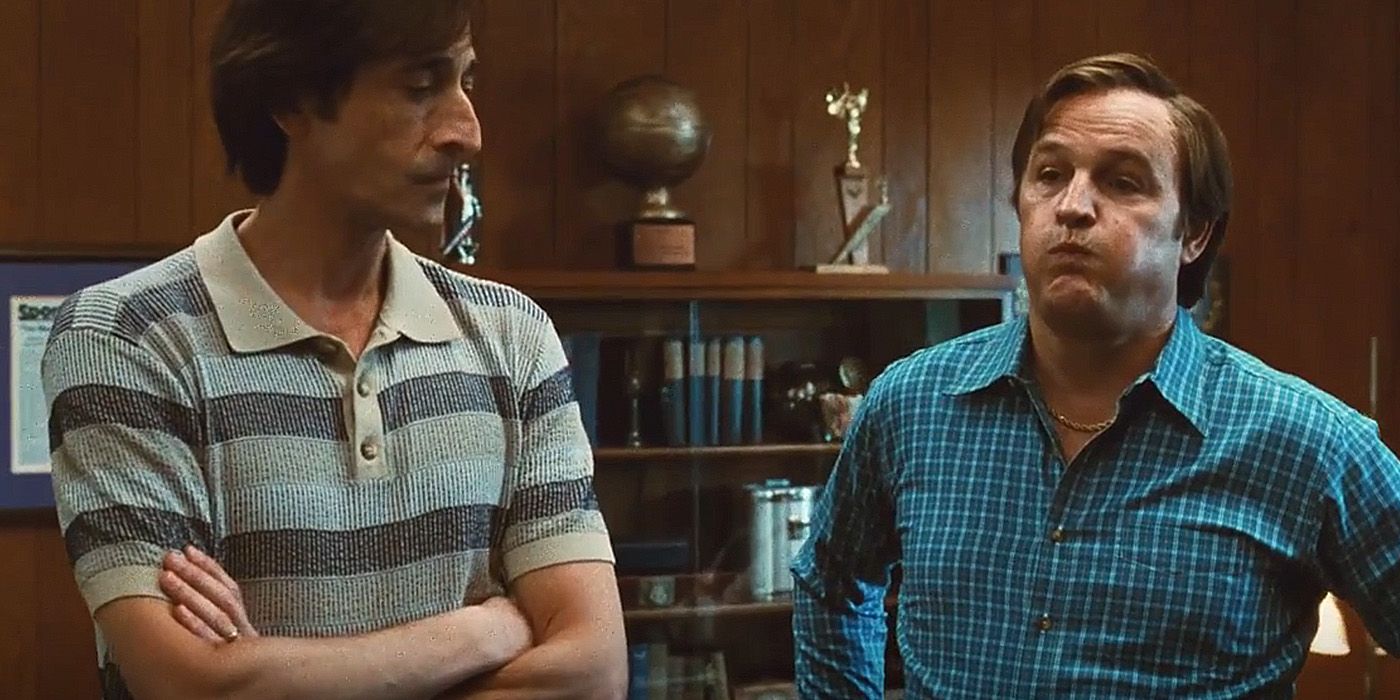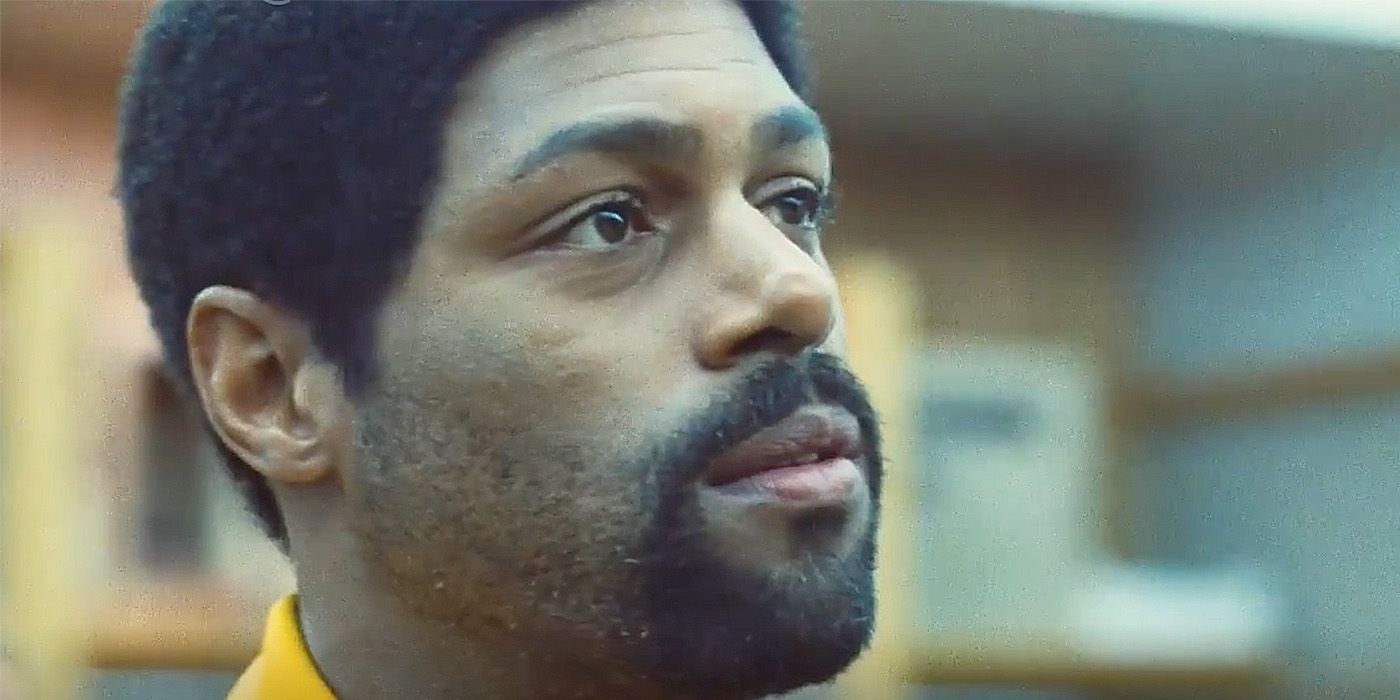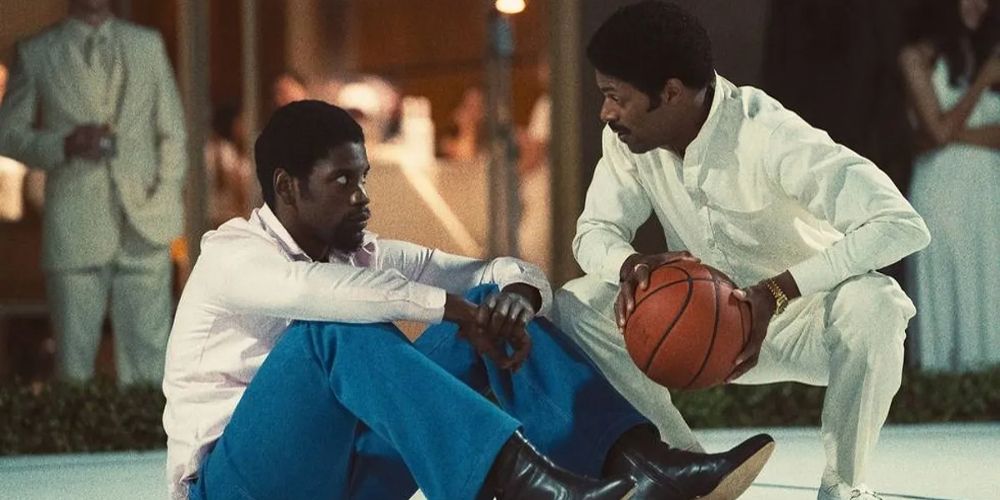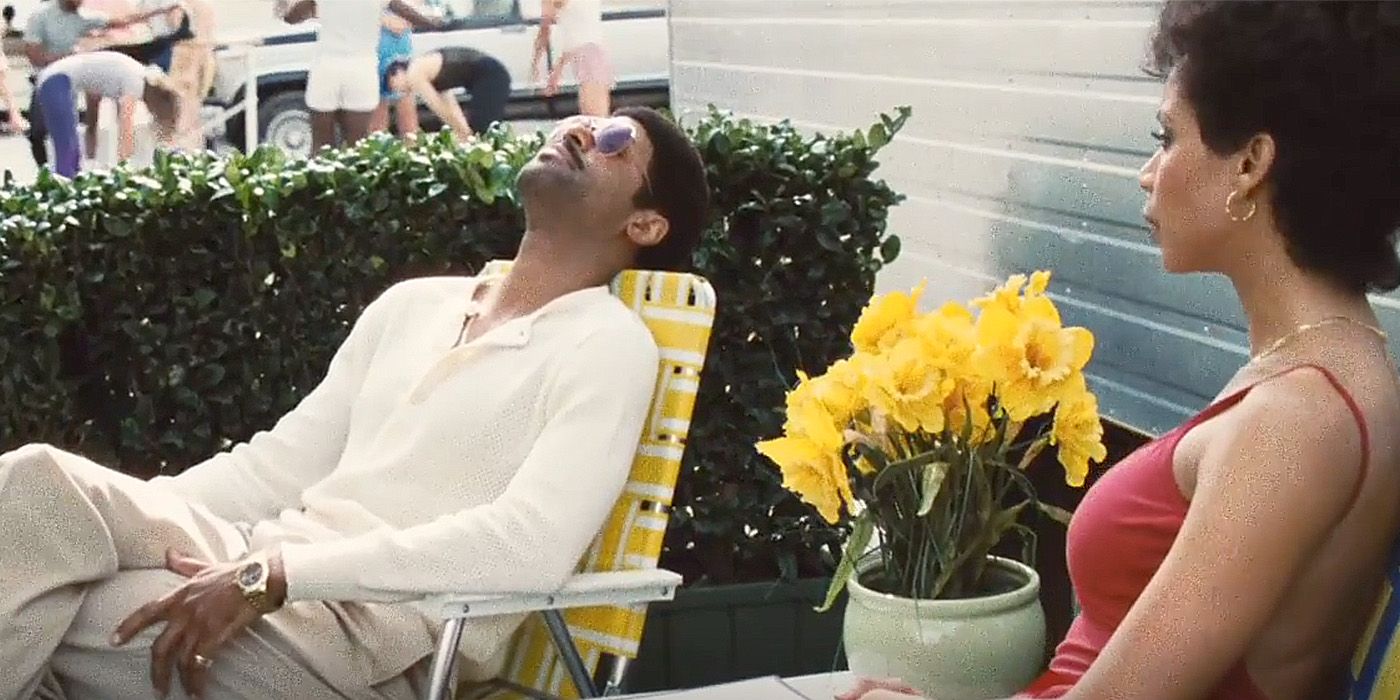Summary
- HBO’s Winning Time explores the front office negotiations involving Lakers guard Norm Nixon, who was ultimately traded to reinvigorate the Lakers’ offense.
- The botched 1981 Nixon-Thompson trade was likely due to the drama surrounding Thompson’s personal issues and the Lakers’ desire to hold onto Nixon for the time being.
- Nixon’s 1983 trade to the Clippers was controversial among Lakers fans. He had a successful run with his new team, leading the NBA in assists in his first season with the Clippers before retiring in 1989.
HBO’s Winning Time: The Rise of The Lakers Dynasty highlights some of the behind-the-scenes trade negotiations involving Lakers star guard Norm Nixon. The 1982-83 Los Angeles Lakers went from winning an NBA Title in their previous season under new head coach Pat Riley to facing an embarrassing sweep by the 76ers in the NBA Finals. Nixon was ultimately traded at the end of the season to reinvigorate the Lakers’ offense, adding more size in the paint with Swen Nater and a youthful burst of energy from rookie Byron Scott. Nixon’s absence also encouraged the continued rise of celebrated point guard Earvin “Magic” Johnson.
In Winning Time season 2, episode 6, newly-appointed General Manager Jerry West finally made the decision to use Nixon’s franchise value to acquire additional talent. Nixon had previously been considered for a trade in Winning Time season 2, episode 2 for superstar David Thompson of the Denver Nuggets. The Nixon-Thompson trade talks never even reached an official negation with Thompson’s team at the time, resulting in Nixon’s appearance in two additional NBA Finals series as a member of the Lakers. Nixon, along with role player Eddie Jordan, were traded before the start of the 1983-84 season to the San Diego Clippers.
Why The Lakers Killed Winning Time’s Norm Nixon-David Thompson Trade In 1981
The idea of trading Nixon for Thompson was based on actual NBA rumors circulating the Showtime Lakers in 1981. In Winning Time, Paul Westhead initially disliked the trade because he was concerned about adding another big-headed hotshot player like Magic Johnson to the mix of his team, which had shown increasing signs of falling out of sync with one another. Westhead officially vetoed the trade despite reluctantly agreeing to it once he realized that he was gradually losing control of the team. This enabled Westhead to put his foot down and demand that he still be able to coach the Lakers the way he wanted according to his unusual half-court offensive system.
The truth about the botched Nixon-Thompson deal likely had more to do with the behind-the-scenes drama regarding Thompson than it had with the Lakers. Thompson was one of the most dominant offensive players of the late 1970s before a critical knee injury sidelined him for 36 games of the 1980 NBA season, the same year the Lakers won their unexpected NBA title as depicted in Winning Time season 1. Thompson’s personal substance abuse issues had run rampant during his 1980 injury and made a considerable difference to his in-game performance. The Lakers likely caught wind of the controversy and decided to hang on to their prized asset in Nixon for the time being.
Why Norm Nixon Is Finally Traded To The Clippers In 1983
Nixon was eventually traded from the Lakers to the Los Angeles Clippers before the 1983-84 NBA season. Nixon, along with teammate Eddie Jordan, were traded under West’s command for Byron Scott and Swen Nater in what ultimately turned out to be a very unpopular move among Lakers fans. Nixon had helped the Lakers earn their second NBA Championship in two years by the end of the 1982 season, cementing him as an icon of the franchise. Nixon even led the Lakers in scoring during the 1982 NBA Finals, which made it seem as though he would loyally remain with the team until the end of his career.
Despite immense fan support for Nixon, Jerry West had a personal gripe with the Lakers star that was noticeable by other members of the Lakers organization. West had coached Nixon between 1976-79 before becoming the Lakers’ General Manager in 1983. The two definitely had some history before Magic Johnson entered the equation at the start of the 1979 season. West reportedly was not a fan of Nixon’s “pretty boy” demeanor and as a result, was explicitly harsher on him than on other players. West hired a personal investigator to look into Nixon’s alleged drug use, which is believed to have been part of West’s individual plot to push Nixon out of the Lakers’ organization (via The Sporting News).
Norm Nixon’s Clippers Gave The Lakers Their First Loss Of The 1983-84 Season
West got what he wanted through his virtually abusive treatment of Nixon and sent the former star Laker to the Clippers in 1983. In turn, Nixon had his revenge at the start of the 1983-84 season, leading his new team to an early-season victory over the Lakers that resulted in the first loss of their eventual championship year. The Lakers would ultimately have the last laugh during that season, beating the Clippers in four of five additional meetings that year after Nixon’s message-sending victory. Despite Norm’s impressive efforts on his new Clippers team, they ended up finishing with one of the worst records in the Western Conference, while the Lakers came in first.
Norm Nixon Led The NBA In Assists In 1983-84 & Made The All-Star Team In 1984-85 Season
Nixon led the NBA in total assists in his first season with the San Diego Clippers. One of Nixon’s best career performances came in the 1984-95 season after the Lakers appeared in their fourth NBA Finals series in five years. The Clippers had moved their franchise from San Diego to Los Angeles, making Nixon the very first All-Star selection as a Los Angeles Clipper. Nixon was selected as a reserve on the team which also included both Magic Johnson and Kareem Abdul-Jabbar as starters. Nixon scored 11 points off the bench while Magic racked up 21 points and 15 assists in the Western Conference’s 140-129 win over the East. It was his second and final appearance in an NBA All-Star game.
Norm Nixon Played 4 Seasons For The Clippers Before Retiring In 1989
Nixon played his last NBA game as a Clipper in 1989. Meanwhile, Byron Scott, who effectively took Nixon’s place on the Lakers, went on to win NBA titles with the team in 1985, 1987, and 1988, becoming a Lakers legend in his own right. Nixon averaged 15.7 points and 8.3 assists per game throughout his career. After his retirement from the NBA, Nixon became a sports agent and created his own agency called Norm Nixon & Associates. He married famous choreographer and actor Debbie Allen in 1984, who is also portrayed in Winning Time season 2.
Source: The Sporting News
This story originally appeared on Screenrant

